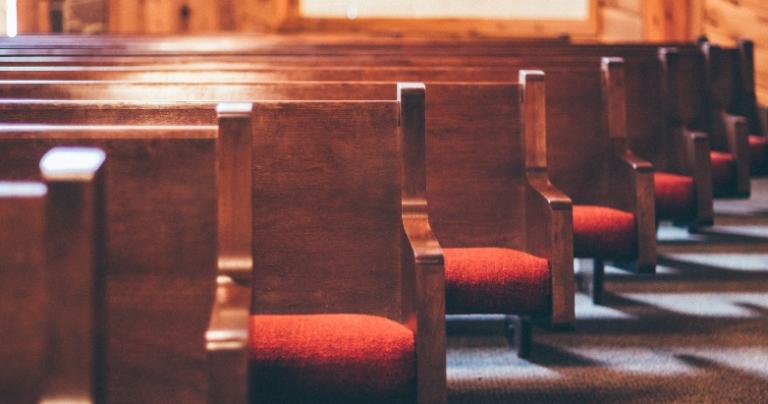Churches are safe havens for anyone who calls them home. Even though people find new friends and experience spiritual growth within its walls, others can still seek ways to break the law in their church. These are a few ways Christian leaders can manage unlawful activity within their church organization and prepare for the future.
1. Keep Access Limited
It’s much easier to pinpoint the perpetrator of a fraudulent financial transaction when one or two people handle the church’s finances. In addition to limiting who can access bank and utility accounts, leadership teams should conduct financial operations transparently by saving things like receipts and all financial records dating back to the start of the church.
2. Watch Financial Accounts Closely
One person may access a small church’s financial records, but at least one other person should watch the accounts closely. It’s an easy way to ensure all transactions are accounted for and for legitimate purposes. If there are sudden withdrawals or transfers, the unlawful activity will stop before it gets a chance to form roots.
3. Consider a Whistleblower Attorney
It’s always good for someone to hire a whistleblower attorney if they report unlawful activity within an organization. The people in leadership may try to hide the evidence so their congregation, clients, or followers don’t leave. Corrupt leaders may also pin the activity on the whistleblower or try to oust the person in retribution for bringing the illegal activity to light.
Whistleblowers are anyone who recognizes ongoing fraud and reports it. The False Claims Act extends the whistleblower’s privacy to people outside of organizations reporting the fraud, so you don’t have to be a church member or attendee to report something.
An attorney trained to help whistleblowers will ensure your identity stays confidential as long as possible. They’ll also defend you if the church organization tries to retaliate in various ways because the lawyer will have experience with that too.
4. Establish an HR Office
Companies create human resource (HR) departments to provide unbiased supervision of compliance rules and enforcement. Churches can do the same to prevent and manage unlawful activity. If one pastor, priest, or leader retains sole oversight privileges, illegal activities could continue because no one has equal standing to hold them accountable.
If the denomination has one, HR representatives within churches are also unconnected to the church’s hierarchy structure. Church policies won’t apply to them because they’re an independent branch. They’ll enforce rules on every level so everyone can spend more time with their hobbies and church activities rather than worrying about an unaccountable church leader letting unlawful behaviors or actions slide.
5. Refrain From Mulitple Public Statements
When police departments open new investigations, they refrain from making specific comments until suspects and facts become clear. Churches can follow the same guideline. If there’s any unlawful activity within the organization, the church should recognize that they’re working with the proper authorities. Congregational or public updates will occur if and when the police or the church’s lawyer advises so.
This stance protects the church’s legal and social reputation while preventing misinformation from affecting the case’s outcome. Miscommunication won’t accidentally implicate or exonerate anyone after fraud, theft, or other criminal activities become public knowledge.

6. Keep Unlawful People Out of the Church
Church leaders may want to extend grace and forgiveness to someone who breaks the law while being a member or attendee. It’s a core tenet of Christianity, but it sets a precedent that the leadership team will react passively to anyone participating in illegal activity on any level within the church.
Others may feel like they can get away with the same thing. It’s best to let the rule breakers find another church home. Take a firm stance on their behaviors.
7. Look Into Liability Insurance
Managing unlawful activity begins with preparing for the worst. No one wants to assume their brother or sister in Christ will break the law within the church, but the future is uncertain. Liability insurance is a crucial part of protecting your church from future corruption.
There are various types of liability insurance to consider, such as:
- Employment practices insurance
- Directors and officers insurance
- Church property insurance
If financial fraud, theft, or property damage occurs, liability insurance will mitigate the loss to the church’s finances. It also protects individual leaders and church employees, depending on the situation.
8. Keep Money Set Aside
Churches can also create an emergency savings account. If someone gets wrongfully accused of mishandling church money or if the church needs to replace stolen goods, emergency funding would cover that. Putting the money in a high-yield savings account would also maximize the interest gains, allowing more money to go back into church programs and service opportunities.
Prepare for Unlawful Activity in Churches
No one wants to think about managing unlawful activity within a church organization, but it can happen anywhere. Church leaders should prepare with tips like these to mitigate losses and protect those who need legal help should the worst occur.












